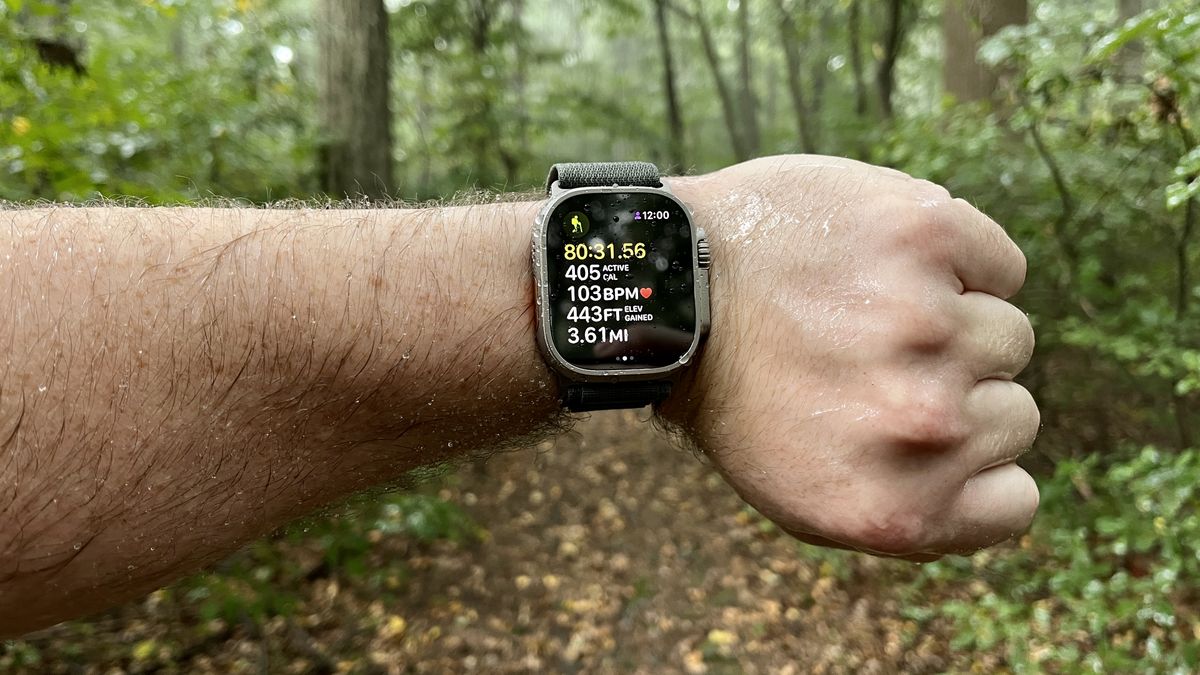
Preventive health includes regular exams and screenings designed to identify health problems before they worsen, with many Medicare Advantage plans offering smartwatches as preventive care benefits.
Smartwatches are helping bridge the gap between technology and healthcare, offering various models capable of monitoring heart rates, blood pressure levels, sleep patterns and physical exercise regimes.
Entertainment
Smartwatches can be stylish accessories that also serve an important purpose: monitoring personal health and fitness. Some models feature atrial fibrillation detection to warn users if this potentially serious heart condition exists; while others come equipped with GPS functionality for emergency navigation.
Studies have shown that smartwatches are effective tools for accurately measuring energy expenditure (EE). Unfortunately, however, they are still not suitable for clinical use due to possible inaccuracies with regards to low-speed walking EE and underestimate high-speed running EE. Furthermore, their wireless charging feature may interfere with cardiac implantable electronic devices (CIEDs), such as pacemakers and defibrillators; which could result in inadequate treatment or even death – yet smartwatch technology continues to advance quickly making them an increasingly viable solution in healthcare applications.
Reminders
Many smartwatches come equipped with health tracking features that can assist users in meeting their daily goals. These devices can monitor and remind the wearer to exercise, meditate, take medication, eat healthy food, get enough restful sleep and more – as well as prompt them to reapply sunscreen when necessary to prevent sun damage.
Additionally, smartwatches can monitor users’ heart rates and oxygen saturation levels and detect abnormalities to help reduce medical visits while potentially saving lives.
Functional medicine providers are increasingly making use of smartwatch data to establish personalized and attainable healthcare goals for their patients, which can improve both compliance and satisfaction levels as well as enable early detection and resolution of potential problems.
Tracking
Smartwatches can be an effective tool for tracking key health metrics like heart rate, skin temperature and step count. In some instances, they can even detect irregular heart rhythms such as atrial fibrillation and alert you to visit a physician immediately.
However, the accuracy of smartwatches is still improving; for example, those monitored in a study by a team of researchers were able to accurately estimate energy expenditure (EE) during both walking and running at an average agreement rate of 94.6 percent.
Smartwatches can be an invaluable preventive healthcare device but not without dangers and problems. Smartwatches can cause sedentary habits, irregular sleeping patterns, exposure to EM radiation and tech dependence or addiction. Furthermore, only gathering and sharing biomedical data deprives doctors of a holistic approach in the care of patients, which is in contradiction to the rule of non-maleficence.
Calls
Smartwatches allow users to connect with mobile phones via Bluetooth and make and receive phone calls, access email, weather information, listen to music and ask digital assistant questions.
Smartwatches have grown increasingly popular as people try to better monitor their health, offering data like heart rate, sleep pattern, movement patterns and blood pressure measurements. Many wearable devices provide such information.
These features of smartwatches allow users to monitor their health and fitness progress and share this data with doctors, yet at the same time promote sedentary behavior, disrupt sleep cycles, expose users to electromagnetic radiation exposure, raise privacy issues, contribute to technology dependency or addiction issues, or cause technology dependency and addiction – issues which must be resolved if users want the full potential benefits of smartwatches to be realized.
Music
Smartwatches are great tools for monitoring movement, and a lot of people tell us that they are more motivated and healthy when they have reached their objectives. Unfortunately, smartwatches can also breed boredom by distracting users, disrupting sleep, exposing them to EM radiation and emitting electromagnetic radiation – as well as creating privacy issues, as well as tech dependence and addiction.
Music has been proven to increase both the longevity and intensity of strenuous exercise, increase relaxation, and refine motor skills (Harmon et al., 2007). Music also can assist consumers when shopping by manipulating emotions and decreasing perceptions of product prices (Berger and Smith).
New research shows that smartwatches can accurately measure blood pressure, yet still have issues with calibration and anchoring points that could result in overestimations of lower BPs and underestimates of higher ones.

